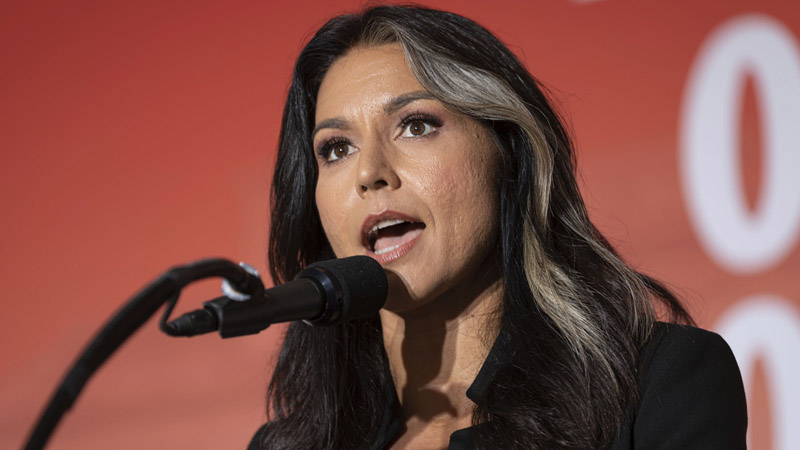Trump Campaign Leaves St. Cloud, Minnesota with $200K Bill After Rally

Photo by John Angelillo/UPI
Former President Donald Trump has once again left a town footing the bill for a campaign rally, this time in St. Cloud, Minnesota. According to the Minnesota Star Tribune, the Trump campaign has yet to pay an invoice sent by the city on September 10, which outlines over $200,000 in expenses related to the rally.
The breakdown of costs includes about $63,000 for police services, $62,000 for modifications to a nearby construction project, $60,500 for public services, $21,000 for fire department resources, and roughly $2,000 for IT services. The rally, held at the Herb Brooks National Hockey Center, drew a capacity crowd of 8,000 attendees, with many more watching on TV screens outside. Local police and city vehicles were required to manage traffic and close off roads, all at the expense of taxpayers.
The Trump campaign has not responded to the city’s request for payment, and this incident follows a pattern. Similar unpaid bills from Trump rallies have left multiple cities struggling with the financial burden. A recent report revealed that Trump’s campaign owes approximately $750,000 to at least four cities for costs incurred during his rallies. In August, Montana cities were stuck with a $50,000 bill after Trump’s appearance at Montana State University.
In some cases, these unpaid expenses have led to legal challenges. Last month, Democrats in Long Island filed a complaint with the Federal Election Commission against the Trump campaign and local Republicans, arguing that the unpaid police expenses from a Trump rally amounted to an illegal in-kind campaign contribution.
It’s not just local governments that bear the cost of Trump rallies—sometimes, even rally attendees find themselves shortchanged. During an appearance at Coachella last month, Trump provided buses to transport supporters to the rally but left them stranded afterward, forcing many to walk two hours in the Southern California desert to return to their parking areas.
With Trump continuing to campaign ahead of the 2024 election, these unpaid bills and logistical mishaps are drawing more attention. As the outstanding debts pile up, the financial and legal challenges surrounding his rallies are becoming an increasing concern for the communities that host them.


